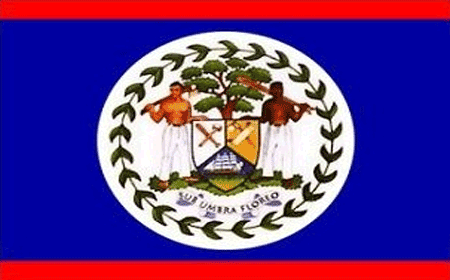BELIZE CITY, Tues. May 7, 2019– In less than 24 hours, Belizeans from all walks of life from all corners of the country will converge on the 344 polling stations that are scattered across the country to vote in a historic referendum on whether or not the International Court of Justice (ICJ) will decide on a judicial end to the Guatemalan claim that has been bedeviling the country and was largely responsible for delaying its political independence, which was finally achieved on September 21, 1981.
In December 2008, a strange creature crept into Belize’s political vocabulary, when Belize Foreign Minister Wilfred Elrington signed an agreement with the Republic of Guatemala known as the Special Agreement (compromis).
Under the protocol of the Special Agreement both Belize and Guatemala pledge to hold referenda simultaneously, but the agreement was later amended so that Guatemala could proceed ahead of Belize with its referendum, which it held on April 15, 2018, when Guatemalans went to the polls in their ICJ referendum.
The question that was asked of Guatemalan voters is the same question that will be asked of Belizean voters “Do you agree that any legal claim of Guatemala against Belize relating to land and insular territories and to any maritime areas pertaining to these territories should be submitted to the International Court of Justice for final settlement and that it determines finally the boundaries of the respective territories and areas of the Parties?”
The government of Prime Minister Dean Barrow continues to insist, based on a string of legal opinions from international law experts that Belize has an iron-clad case and cannot lose if the claim is taken to the ICJ. For its part, the government embarked on a massive “yes to the ICJ” education campaign. The proponents of the “no to the ICJ” point to the one-sided nature of the government’s campaign.
As the government continued its push for going to the ICJ, the Opposition, People’s United Party (PUP) embarked on what it called a country wide consultation in all 31 constituencies. Following those consultations, the PUP issued “The People’s Declaration” which emphasized that the PUP adopted a no to the ICJ.
The PUP would go further, as the referendum date of April 10 got closer and following the publication of a joint legal opinion by three attorneys, Anthony Sylvestre, Dickie Bradley and Kareem Musa, 5 PUP parliamentarians and one standard bearer signed to become claimants in a constitutional challenge to the Special Agreement.
On April 3, one week before the scheduled April 10 referendum day, the PUP claimants applied for and received an interim injunction from Belize Chief Justice, Hon. Kenneth Benjamin, which stopped the referendum in its tracks.
The court found that unbeknownst to anyone, the prime minister had submitted for the Governor General, a writ of referendum. The writ of referendum, however, was faulty, and the Chief Justice pounced on it and granted the interim injunction.
This derailed the government’s plan to hold the referendum, but not for long. The Prime Minister almost immediately called a meeting of the House of Representatives, at which meeting his government introduced and passed the Belize Territorial Dispute Referendum Bill 2019. A few days later went to the Senate, where it was passed by majority vote. The ink wasn’t dry before the government announced the new date for the referendum, tomorrow, May 8th.

